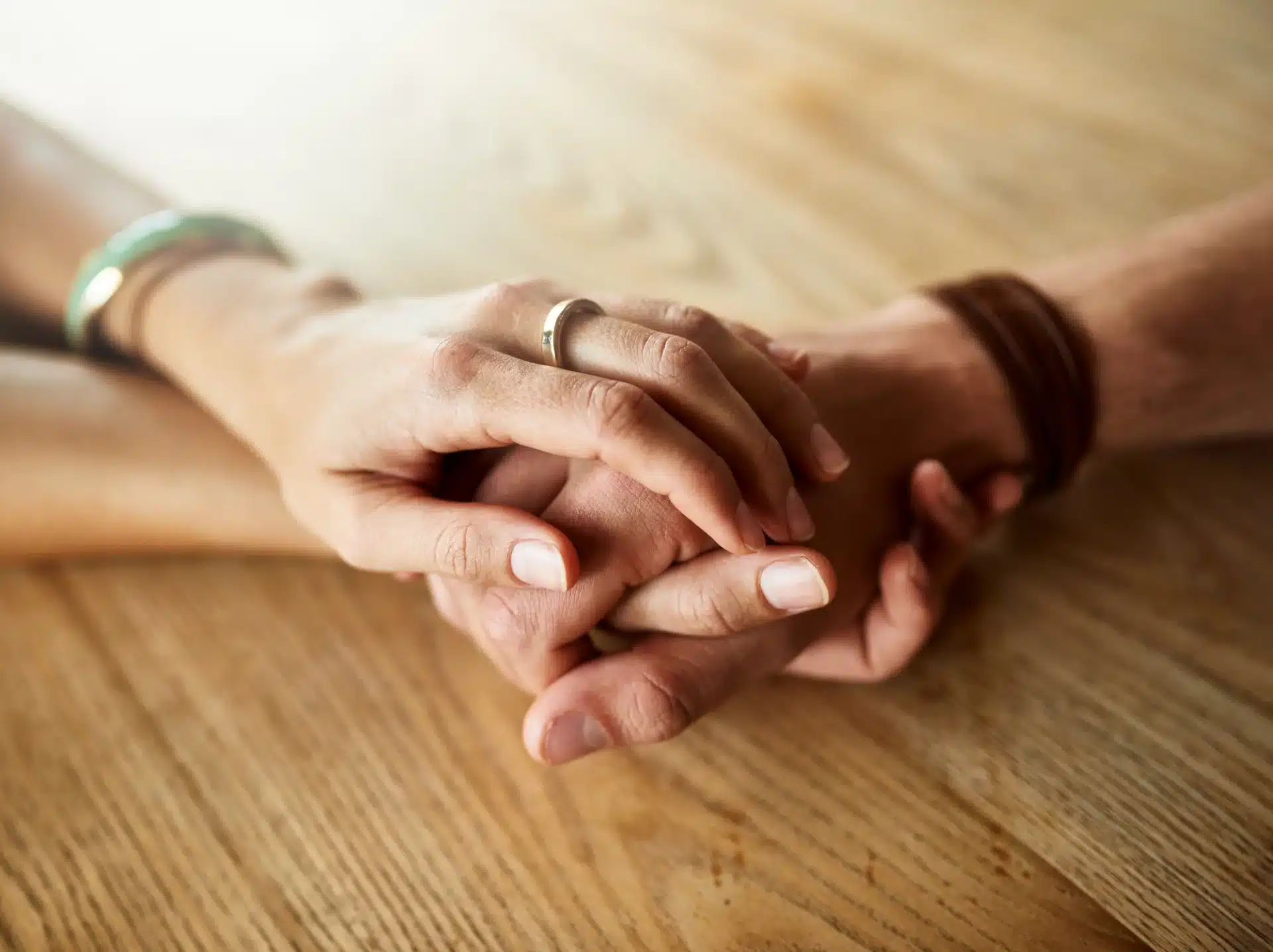
Sex Addiction and Intimacy Issues Treatment
Regain control of your relationships and find deeper emotional fulfillment.
Heal Sex and Intimacy Issues to Build Healthier Relationships
At our treatment centers, we provide a supportive environment to help you heal from sex addiction, intimacy disorders, and porn addiction. Our programs are designed to help you regain control over compulsive behaviors, develop healthier relationships, and rebuild trust.
Personalized Treatment to Address Core Issues
Our approach to treating sex addiction and intimacy disorders is customized to your needs. We focus on addressing the harmful behaviors and the underlying emotional issues driving those behaviors. By working on both the symptoms and their root causes, we help you regain control over your life, build healthier relationships, and develop a more fulfilling sense of intimacy.

Our Sex Addiction and Intimacy Disorder Treatment Options
Inpatient Treatment
Receive daily, structured care to help you address sex addiction and intimacy issues in a focused, supportive setting.
Outpatient Treatment
Maintain your daily routine while receiving support for sex addiction and intimacy disorders through flexible outpatient programs.
Relationship Workshops
Join our five-day intensive workshops for in-depth tools to overcome love addiction/avoidance and heal intimacy issues.
How We Treat
Brain Center
Our Brain Center uses advanced tools to support brain function, crucial for overcoming compulsive behaviors linked to sex addiction and intimacy disorders. These tools help you regulate your impulses and develop healthier coping mechanisms.
Types of Therapy
Each treatment plan for sex addiction and intimacy disorders includes various therapies that help you manage compulsive behaviors, rebuild trust, and develop healthier relationships. This approach strengthens your emotional health and helps you create lasting changes.
The Meadows Model
At our treatment centers, we use the Meadows Model to uncover the emotional patterns fueling sex addiction, intimacy issues, and porn addiction. This approach helps you break free from destructive behaviors and build a foundation for healthier, more authentic connections.
They changed my life. Now I have a career helping people who struggle with mental health and addiction as I did.
Thomas
MBH Alumni

Restore Your Relationships
We’re here to help you rebuild trust and restore healthier, more fulfilling connections. Contact our admissions team to find the best treatment for you.